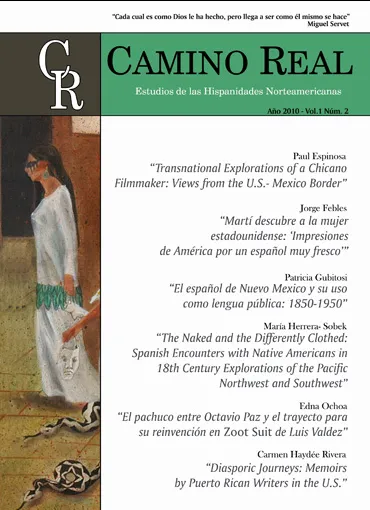
This article examines the ways in which Judith Ortiz Cofer and Esmeralda Santiago use their memoirs to explore issues of identity, race, and gender as essential components of a transnational subjectivity implicitly embedded in their development as women straddling two cultures, two languages, and two geographic spaces. In their works, Ortiz Cofer and Santiago come to terms with the experience of migration and with the implications this experience has on their relationship to family, culture, and the perpetuation of traditions in and outside of their homespace. The value of generational storytelling, heritage, history, cultural identity, bilingualism, and the development of a feminist consciousness are further scrutinized by each writer as they both question and embrace their bilingual/bicultural realities as a new form of being, rooted in their intrinsic connection to the island and their determination to insert their lived experience into the American literary tradition.


